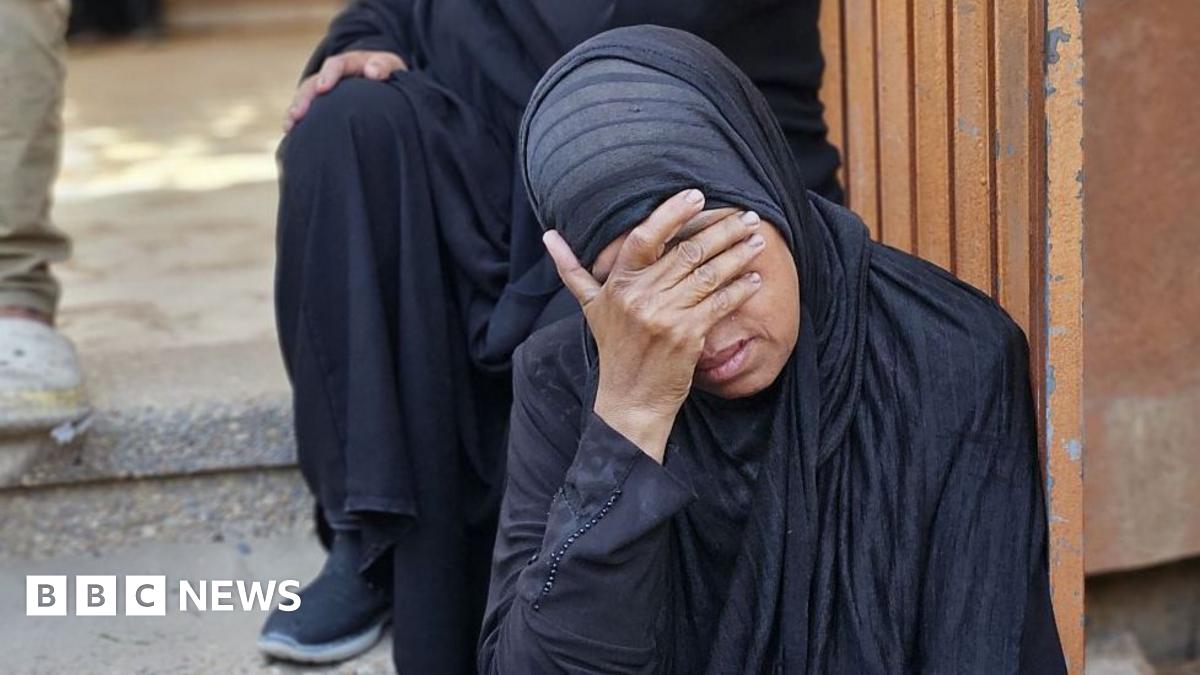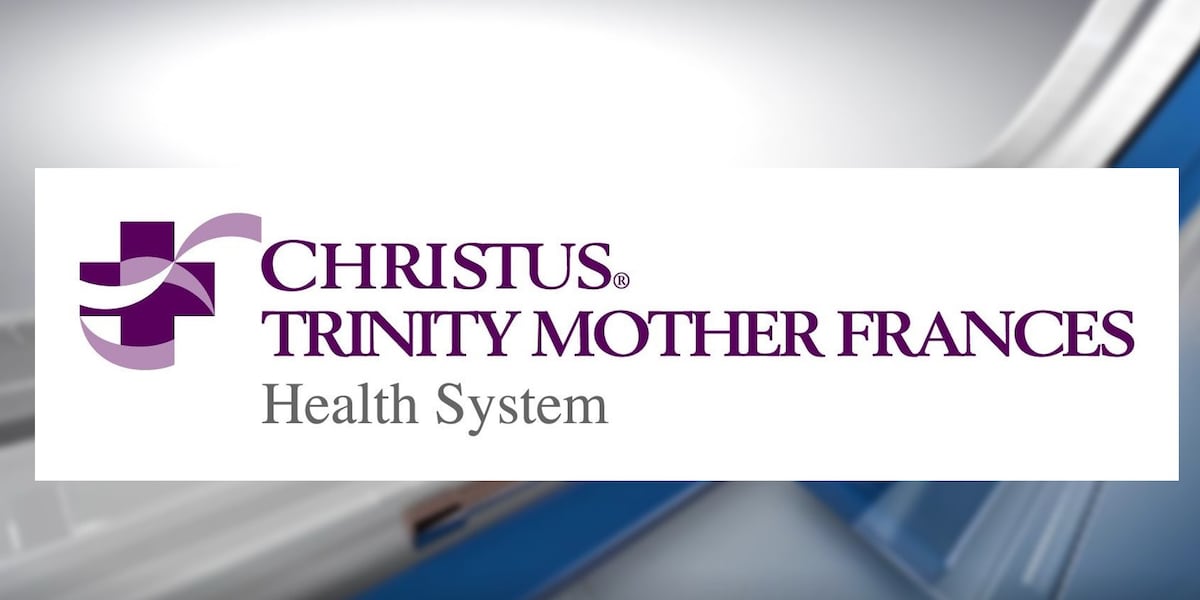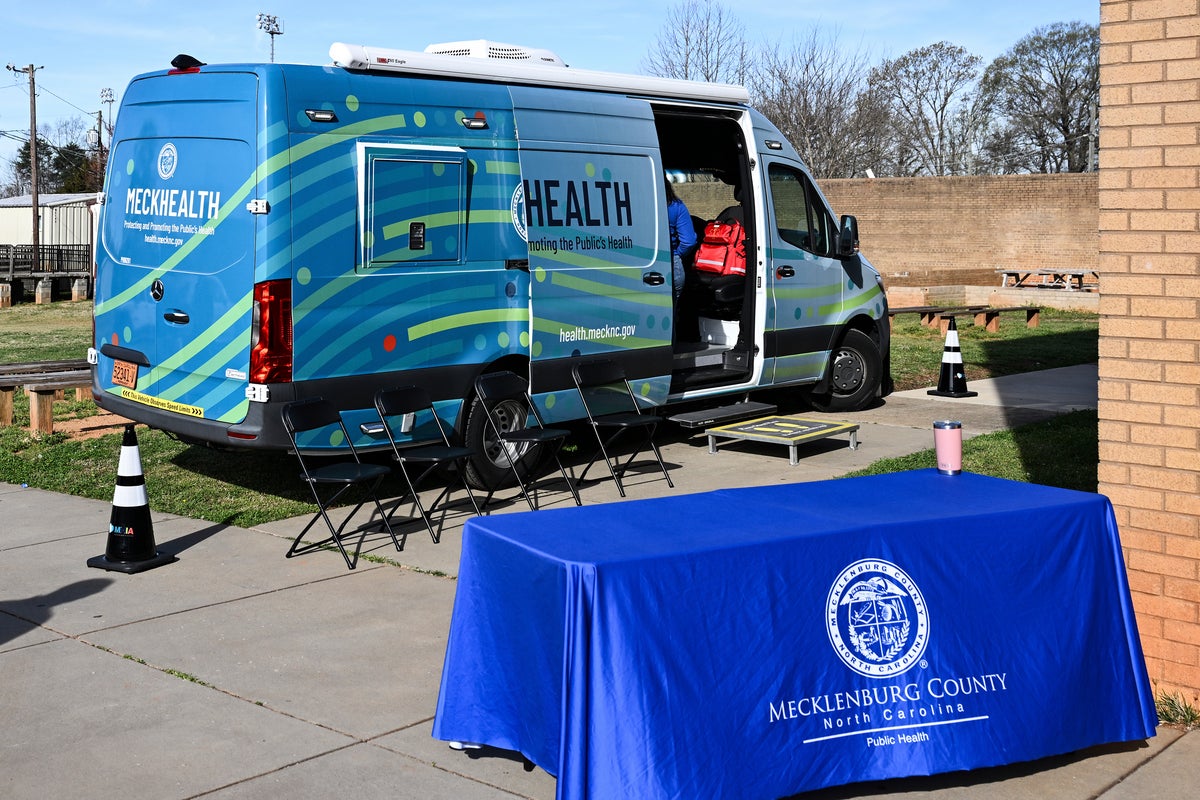Harvard Urges US Court to Release Frozen Funds: Vital Public Health Research Faces Shutdown

Harvard University is making a desperate plea to a US court, urging the release of frozen funds that it claims are jeopardizing critical public health research. The legal battle stems from a sprawling investigation into alleged undisclosed foreign funding at the prestigious institution.
US District Judge Allison Burroughs has scheduled arguments for July 21st regarding Harvard’s motion for summary judgment. This legal maneuver seeks to resolve the dispute without a full trial, aiming for a judge’s ruling based on presented evidence. The University argues that the prolonged freeze on these funds is severely hindering its ability to conduct vital research that benefits both the local community and the global public health landscape.
The Core of the Dispute: Foreign Funding Scrutiny
The current predicament arose from a federal investigation initiated by the Department of Education and the National Science Foundation. These agencies are scrutinizing Harvard's compliance with regulations requiring disclosure of foreign funding sources. The concern revolves around whether Harvard properly reported financial support received from entities in other countries, particularly China, which could potentially influence research outcomes.
Harvard maintains that it has been transparent in its reporting and that the investigation is based on a misunderstanding of its procedures. However, the ongoing investigation and subsequent freezing of funds have created a significant operational challenge. The university has temporarily paused some research projects and is struggling to secure alternative funding sources in the short term.
Impact on Public Health Research
Harvard’s lawyers contend that the frozen funds are essential to continue groundbreaking research in areas such as infectious diseases, cancer prevention, and vaccine development. They argue that delaying the release of these funds could have far-reaching consequences, potentially setting back scientific advancements and impacting public health outcomes. Specifically, projects related to emerging infectious diseases and global health security are facing immediate disruption.
“The continued freeze on these funds is not just an inconvenience; it’s a direct threat to our ability to protect public health,” stated a Harvard spokesperson. “We are confident that the court will recognize the gravity of the situation and allow us to continue our vital work.”
The July 21st Hearing: A Critical Moment
The upcoming hearing on July 21st is a pivotal moment in this legal battle. Judge Burroughs will hear arguments from both Harvard and the government agencies involved. A summary judgment ruling in Harvard’s favor would lift the freeze on the funds, allowing the university to resume its research activities. However, a ruling against Harvard could prolong the investigation and potentially lead to further restrictions on its funding.
Broader Implications for Universities
This case has broader implications for universities across the United States. It highlights the increasing scrutiny of foreign funding in academic research and the challenges institutions face in navigating complex regulatory requirements. The outcome of this case could set a precedent for how universities handle foreign funding disclosures and could influence the future of international research collaborations.
The legal community and the academic world are closely watching this case, anticipating a decision that will shape the landscape of research funding and academic freedom in the United States. The University of Harvard is hopeful for a positive resolution, allowing them to continue their crucial work in public health and beyond.






